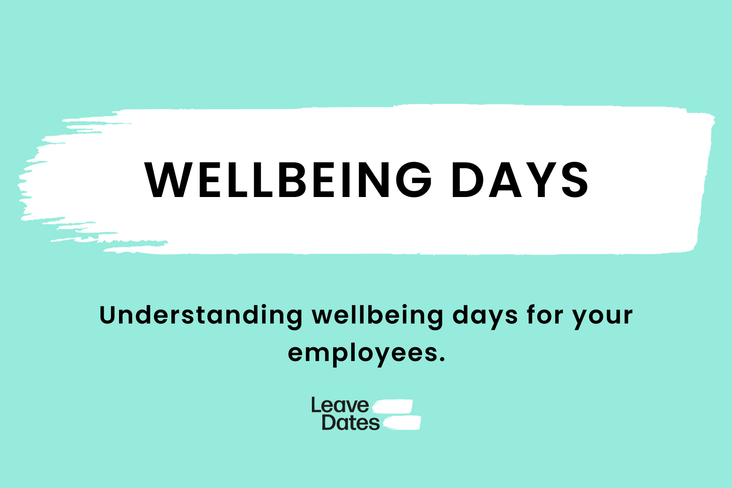As peak holiday times approach, clashes are inevitable.
Whether it’s summer, Christmas, or school holidays, a colleague may ask you to swap your booked dates. But do you really have to say yes?
Scenario: Joe's leave clash dilemma
Imagine this: In May, Joe booked leave for one week in August via the Leave Dates mobile app. With the go-ahead confirmed, he booked a much-needed trip to Tenerife for his family.
In July, Joe’s colleague, Penny, discovered that she had forgotten to book time off that she needed for the same week as Joe’s. She had assumed a casual chat with the manager months earlier was enough, but hadn’t submitted it properly through Leave Dates. With the team’s leave limit reached for that period, Penny kindly asks Joe if he could swap dates with her.
While Joe is sympathetic to Penny’s situation, changing dates will mean he has to rebook his holiday.
He wonders if he’s being unreasonable for saying no. But is he?
UK rules at a glance
To get started with a bit of background, employees are entitled to a minimum of 5.6 weeks of paid annual leave. Employers have the right to approve or deny requests based on business requirements, provided you can use your statutory entitlement.
If you have submitted a leave request and it has been approved, your employer can cancel it based on business needs. If an employer cancels your leave, they must give you notice that is equivalent to the number of days requested plus one day.
For example, Joe requested 7 days of leave, but if his employer found that the business required him, they would need to give him notice 8 days before his leave start date for it to be lawfully cancelled.
Am I required to cancel my leave for my colleague?
In short, no.
Take Joe’s scenario as an example - His employer could cancel his leave for business-related reasons, but he is under no obligation to forfeit his leave for Penny.
The manager may consider encouraging Penny to download the Leave Dates mobile app and retrain her on the features she needs, so that she can remember to book her leave anytime, anywhere. Specifically, he could also remind her of the team’s leave limits and that the Wall Chart is a good way to see at a glance if dates are likely to be available.
Balancing fairness with flexibility
Although Joe and Penny’s situation is not ideal for swapping dates due to costs and logistics, it doesn’t mean they can’t.
If they were able to find a mutually beneficial solution, they could agree to help each other out. This may happen in situations where childcare or care-taking for a family member is a factor. In this case, management may also be more flexible on leave limits where possible.
Of course, everyone’s annual leave is essential for their wellbeing, and people must protect their wellbeing as much as they may want to be accommodating towards others. So, with this in mind, it is not unreasonable for Joe to want to keep his booked annual leave.
How employers can help
While employees are generally free to negotiate their own time off and swaps, the employer is ultimately responsible for ensuring fairness in the workplace.
It is the duty of employers to prevent conflict by setting out clear policies, some examples of these policies may include:
- Set clear rules for requesting and approving leave
- Define how many people can be off at once
- Be upfront about busy periods when leave might be restricted
- Establish notice periods for cancelling or swapping leave
Using a leave management system, like Leave Dates, can make all of these policies and more easy to implement. It helps keep communication clear and reduces the risk of any last-minute conflicts or overlaps that leave businesses short-staffed. Managers can ensure that requests are approved fairly and consistently.

Final thought
Refusing to swap your booked holiday dates with your colleague does not make you unreasonable. If your leave was requested and approved first, you are entitled to take it.
If you feel that you would like to be flexible and negotiate with a colleague, that is a generous choice that is yours to make - but it can not be expected of you. It is the role of your employer to manage any potential conflicts with fairness and respect for the relevant laws.
The information in this article is general and may not apply to specific circumstances. It should not be considered legal advice. We strive to provide accurate information, but cannot guarantee its accuracy. We are not responsible for any losses resulting from reliance on the information on this site.




